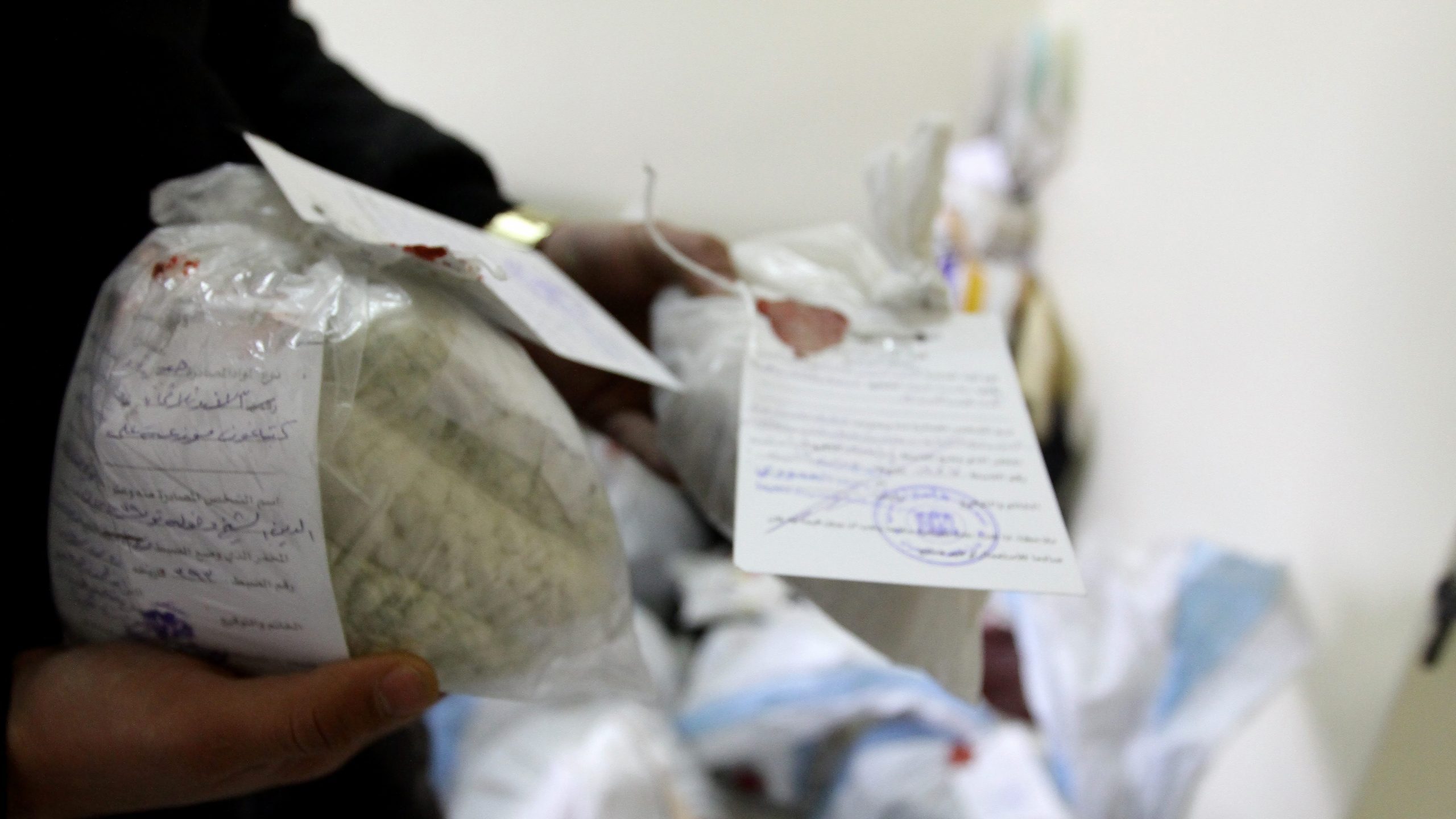The Syrian regime has made a profit of at least $5.7 billion last year from Captagon trade, the German news website Der Spiegel has reported.
Captagon is a prohibited amphetamine-type stimulant that has been increasingly produced and traded in Syria in recent years. It has also been illegally shipped from Syria to other countries in the Middle East, particularly Lebanon and the Gulf states.
Syria’s ruling Assad regime is believed to be at the centre of the illegal drug trade, with family members and militia affiliates generating significant revenues from selling Captagon internationally, according to Der Spiegel’s investigations.
Authorities in Jordan, Saudi Arabia, and other countries have regularly seized Captagon shipments from Syria.
Read Also: Director of Drug Enforcement Administration: Syria Far From Cultivation & Manufacturing of Drugs
The New Lines Institute for Strategy and Policy, a Washington-based think tank estimates, that the total value of illicit Captagon exports from Syria amounted to at least $5.7 billion in 2021 alone, several times higher than Syria’s legal exports.
Other think tanks give much higher estimates, saying that total profits from the trade reach double-digit billions.
In 2020, a record $1.2 billion worth of Captagon pills were seized in the Italian port of Salerno, with authorities initially holding the Islamic State group responsible.
However, it was later found that the shipment had come from al-Bassa near Lattakia, a coastal area in northwest Syria controlled by President Bashar al-Assad’s younger brother, Maher.
Witnesses told Der Spiegel that Captagon is produced in “industrial quantities” in the country, with several of Assad’s cousins operating factories dedicated to producing the drug, primarily in areas surrounding Lattakia.
Maher al-Assad, who is the commander of the regime’s elite Fourth Division, is a key figure in Syria’s Captagon smuggling operations, according to Der Spiegel’s report.
The Fourth Division, which has committed numerous atrocities during the Syrian conflict, reportedly earns $300,000 per container shipped from Lattakia.
The Assad regime is believed to be using the Captagon trade to support itself after the country’s economy was destroyed during the Syrian conflict, amid continuing regime corruption and international sanctions. An estimated 80% of Syrians currently live in poverty.
Former U.S. special envoy Joel Rayburn, described the Captagon trade as the country’s “most important” export, saying that the Assad regime would “not survive the loss of Captagon revenues”.
The regime, however, has officially denied being involved in the drug’s production and smuggling.
This article was edited by The Syrian Observer. The Syrian Observer has not verified the content of this story. Responsibility for the information and views set out in this article lies entirely with the author.


